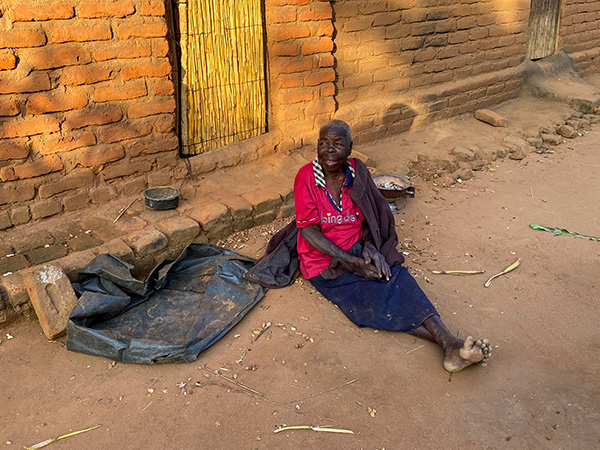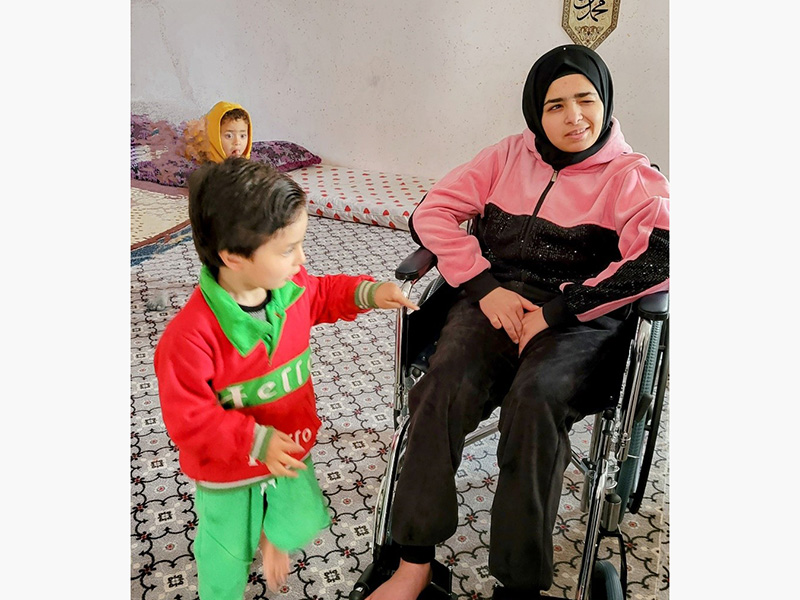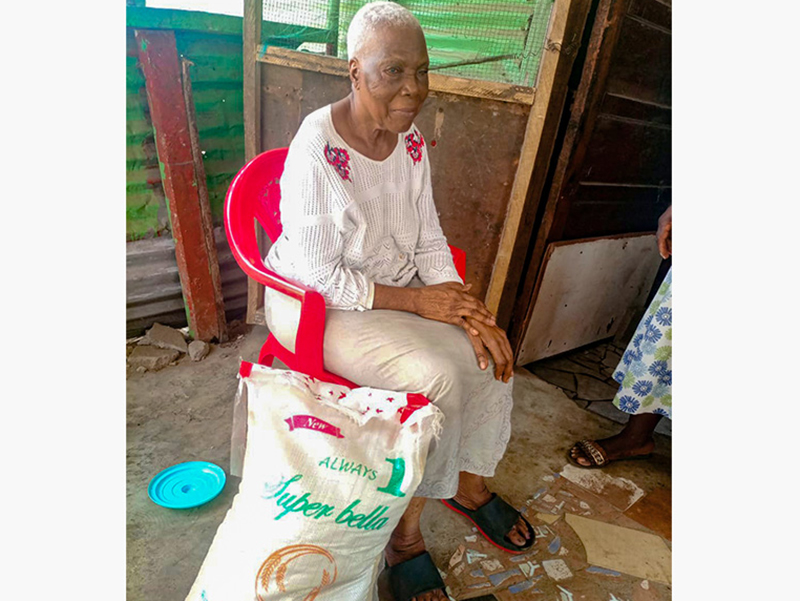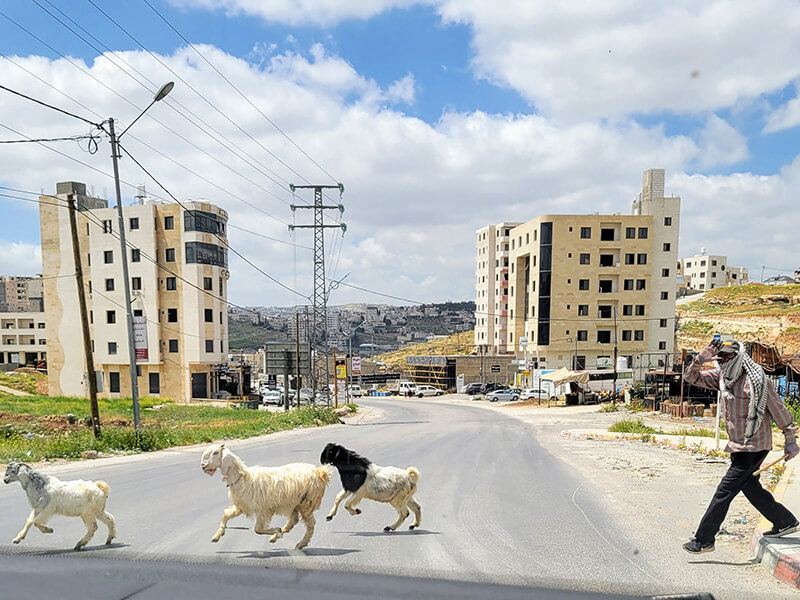Age makes it hard for Sakami,* an elderly woman in Malawi, to get around on her own. Her family mostly ignores her needs. At night they lock her in a structure built for goats to keep her from wandering away. When a contact gave Sakami some bread, she was so hungry she bit into the plastic bag. On another visit, Sakami was found lying outside on a piece of tarp.
In a village in the Middle East, our staff members visited five one-room houses in an area that receives little outside help. The men inside each dark home were in their forties but had never walked. They tried to make do with rusty, broken-down wheelchairs.
As a child, Baysah Kollie from Liberia suffered from polio, which left his legs useless. He survives on his family’s generosity and occasional begging. Baysah used to have a wheelchair, but it was stolen. With no other way to get around, he dragged himself into the CAM office in Liberia, asking for help.
These stories reflect the plight of the handicapped in many parts of the world. Individuals with conditions like blindness, cerebral palsy, and mental disabilities are often disdained and have few opportunities to thrive. In some cultures, society views them as cursed, so families keep them hidden away. Other families do their best to provide care but have almost no resources. Their need for adult briefs, wheelchairs, walkers, or medicines is a constant challenge.
By providing items like these through the Hope for the Handicapped program, we seek to follow Jesus’ example of ministering to the vulnerable and forgotten. But beyond physical aid, supporters’ funds enable us to treat the handicapped as precious individuals created in God’s image.
Dignity: For Sakami in Malawi, funds were provided to build a latrine, restoring a bit of dignity despite being neglected by her family.
Mobility: Fatma in the Middle East used to get around by pushing a kitchen chair. She was thrilled for the gift of a walker with wheels that gave her a new sense of freedom!
Hope in Jesus: In Belarus, funds support believers who reach out to the handicapped by distributing food parcels, visiting the bedridden, and holding evangelistic services. Victoria, who suffers from cerebral palsy, attended one of these services with her mother. Afterward, her mother shared with our contacts, “There is such peace in my soul after these words and songs. We love to hear anything that has to do with God, don’t we, Victoria?” Her daughter nodded as well as she could.
Supporters, thank you for walking in Jesus’ steps, seeing the plight of the handicapped, and offering them hope.
If you wish to support Hope for the Handicapped, click the donate button to give a gift.






